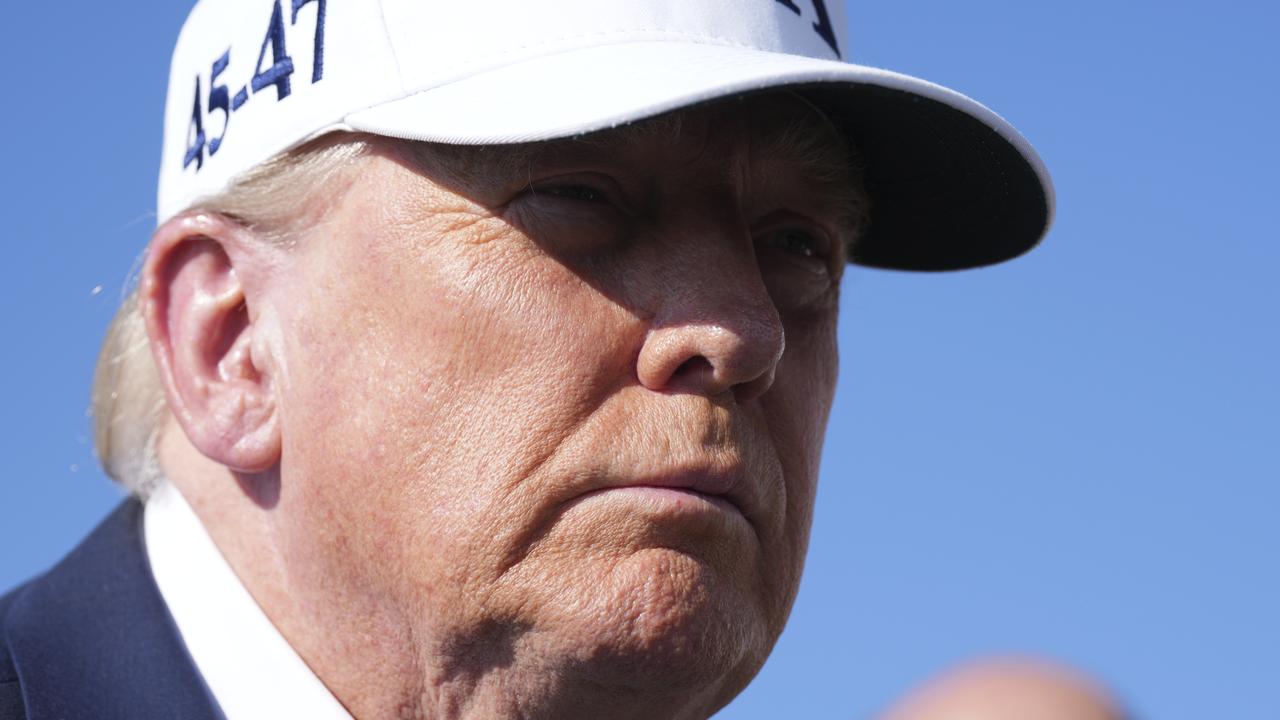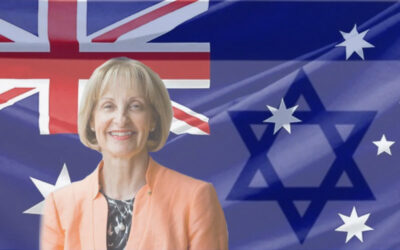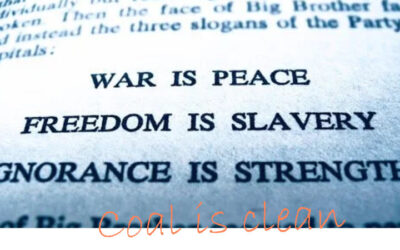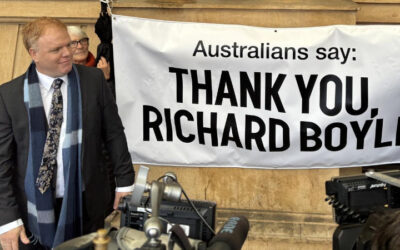President Donald Trump has begun telling trade partners – from powerhouse suppliers like Japan and South Korea to minor players – that sharply higher US tariffs will start August 1, marking a new phase in the trade war he launched earlier this year.
The imposition of the 25 per cent levy on US importers of all goods from key allies Japan and South Korea rattled Wall Street, with the S&P 500 Index knocked back sharply, though markets in Asia were taking the latest news in stride.
The 14 countries sent letters so far, which included smaller US exporters like Serbia, Thailand and Tunisia, hinted at opportunities for additional negotiations while at the same time warning any reprisal steps would be met with a like-for-like response.
“If for any reason you decide to raise your Tariffs, then, whatever the number you choose to raise them by, will be added onto the 25% that we charge,” Trump said in letters, released on his Truth Social platform, to Japan and South Korea.
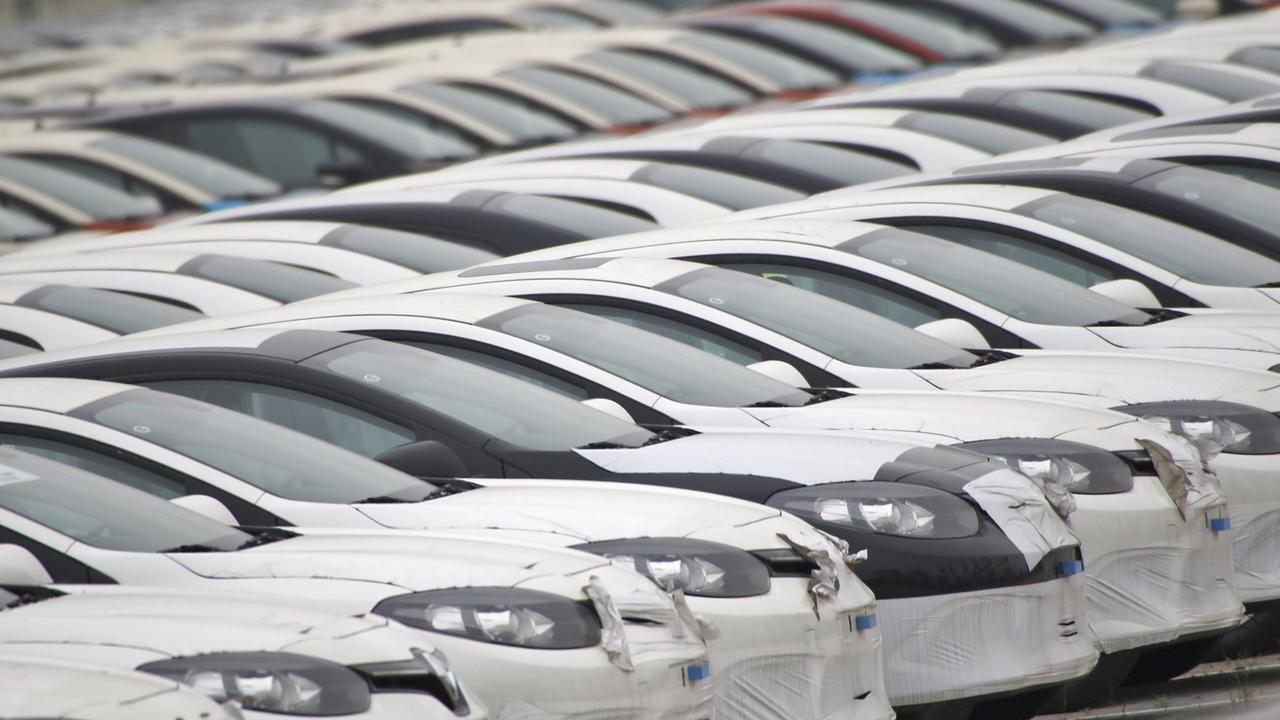
The higher tariffs take effect August 1, and notably will not combine with previously announced sector tariffs such as those on automobiles and steel and aluminum.
That means, for instance, that Japanese vehicle tariffs will remain at 25 per cent, rather than the existing 25 per cent auto sector tariff climbing to 50 per cent with the new reciprocal rate as has occurred with some of Trump’s tariffs.
The clock has been ticking for countries to conclude deals with the US after Trump unleashed a global trade war in April that has roiled financial markets and sent policymakers scrambling to protect their economies.
Trading partners got another reprieve as Trump signed an executive order on Monday extending the Wednesday deadline for negotiations to August 1.
Asked if the deadline was firm, Trump said: “I would say firm, but not 100 per cent firm. If they call up and they say we’d like to do something a different way, we’re going to be open to that.”
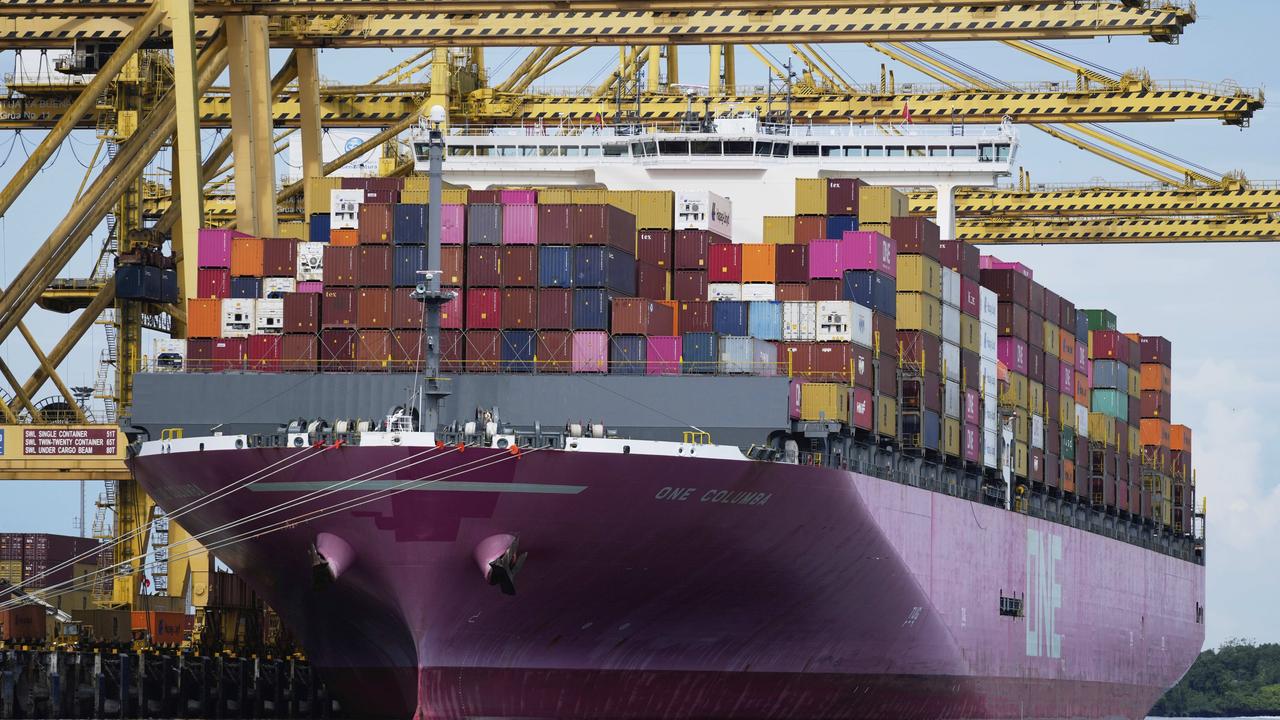
Trump has kept much of the world guessing on the outcome of months of talks with countries hoping to avoid the hefty tariff hikes he has threatened.
The rate for South Korea is the same as Trump initially announced, while the rate for Japan is one point higher than the one announced on April 2. A week later, he capped all of the so-called reciprocal tariffs at 10 per cent until Wednesday.
Only two agreements have so far been reached, with Britain and Vietnam, while Washington and Beijing in June agreed on a framework covering tariff rates.
Wendy Cutler, vice president of the Asia Society Policy Institute, said it was unfortunate Trump was hiking tariffs on imports from two of the closest US allies, but there was still time for a breakthrough in negotiations.
“While the news is disappointing, it does not mean the game is over,” Cutler said.
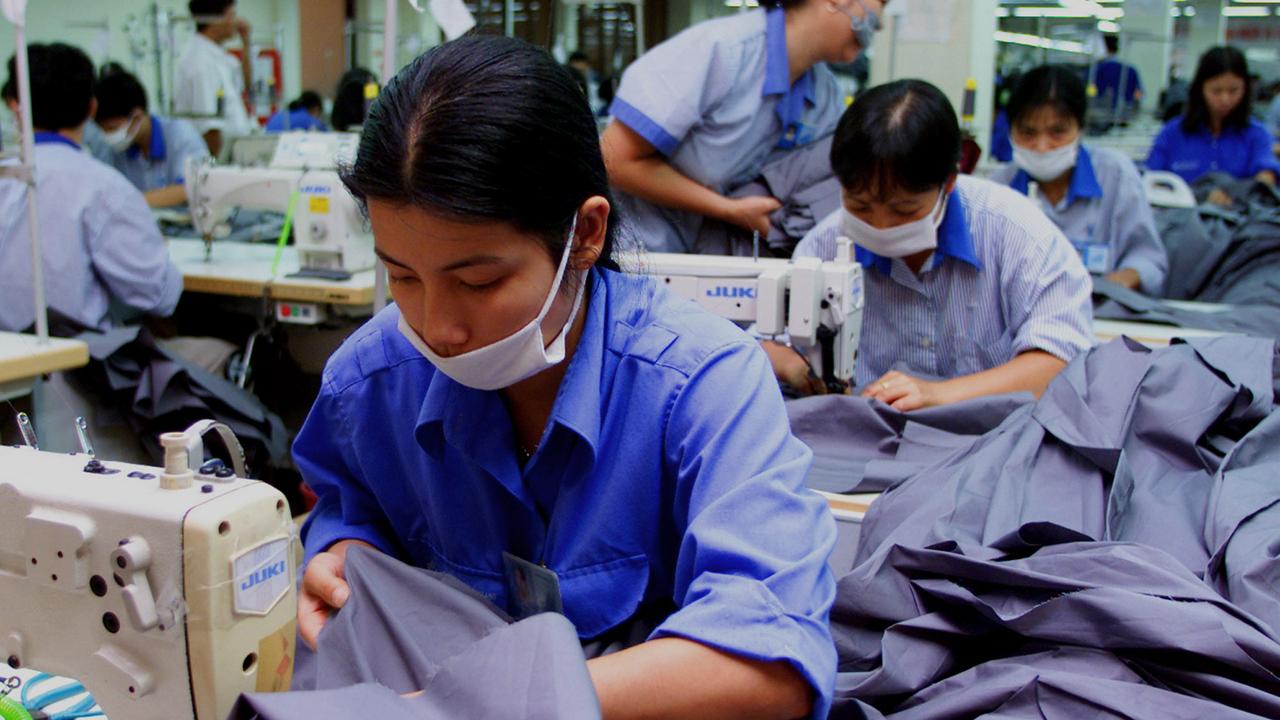
Trump said that the United States would impose 25 per cent tariffs on goods from Tunisia, Malaysia and Kazakhstan; 30 per cent on South Africa, Bosnia and Herzegovina; 32 per cent on Indonesia; 35 per cent on Serbia and Bangladesh; 36 per cent on Cambodia and Thailand and 40 per cent on Laos and Myanmar.
Japanese Prime Minister Shigeru Ishiba said on Tuesday some progress had been made on avoiding higher tariffs of up to 35 per cent that Trump had suggested recently.
“We have received a proposal from the United States to swiftly proceed with negotiations towards the newly set August 1 deadline, and that depending on Japan’s response, the content of the letter could be revised,” Ishiba told a meeting with cabinet ministers to discuss Japan’s strategy on the tariffs.
South Korea said it planned to intensify US trade talks and considers Trump’s latest plan as effectively extending a grace period on implementing reciprocal tariffs.
“We will step up negotiations during the remaining period to reach a mutually beneficial result to quickly resolve the uncertainties from tariffs,” the country’s Industry Ministry said.
Australian Associated Press is the beating heart of Australian news. AAP is Australia’s only independent national newswire and has been delivering accurate, reliable and fast news content to the media industry, government and corporate sector for 85 years. We keep Australia informed.
